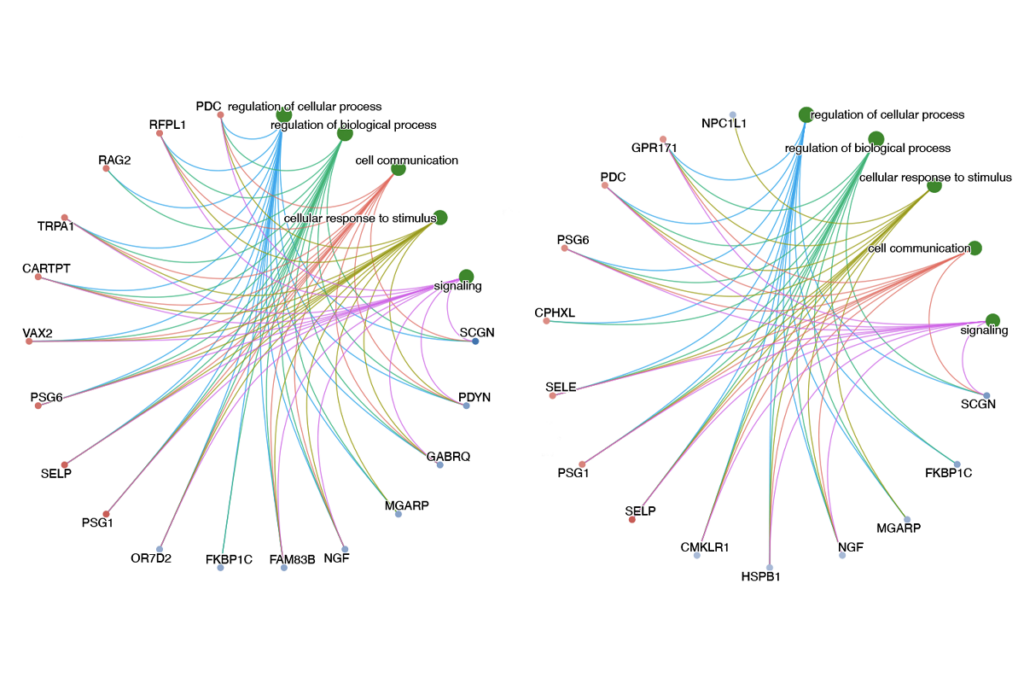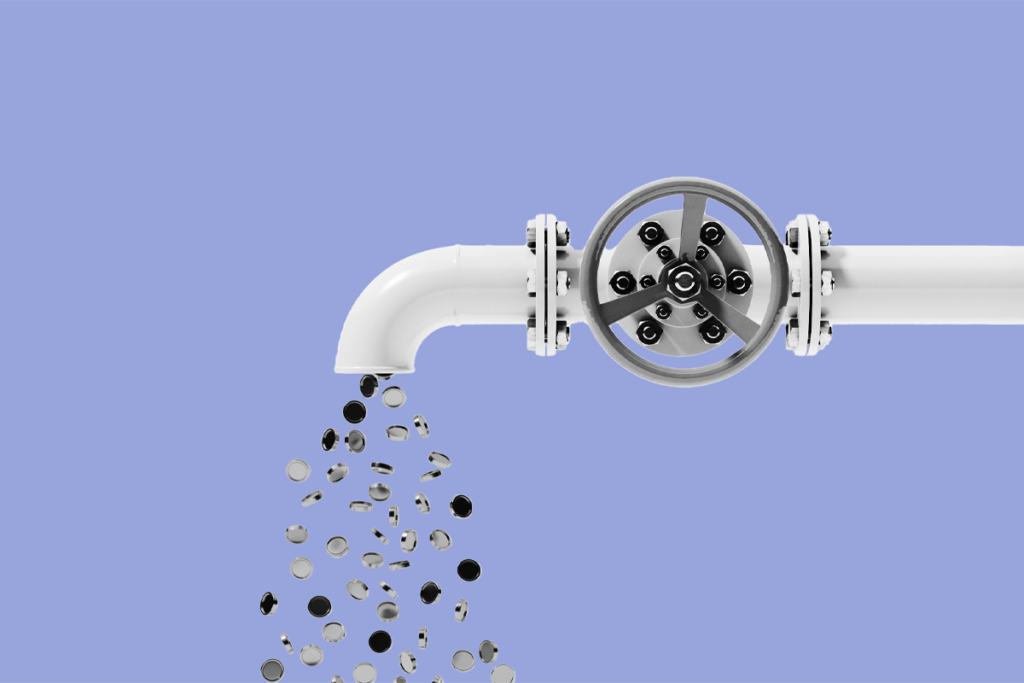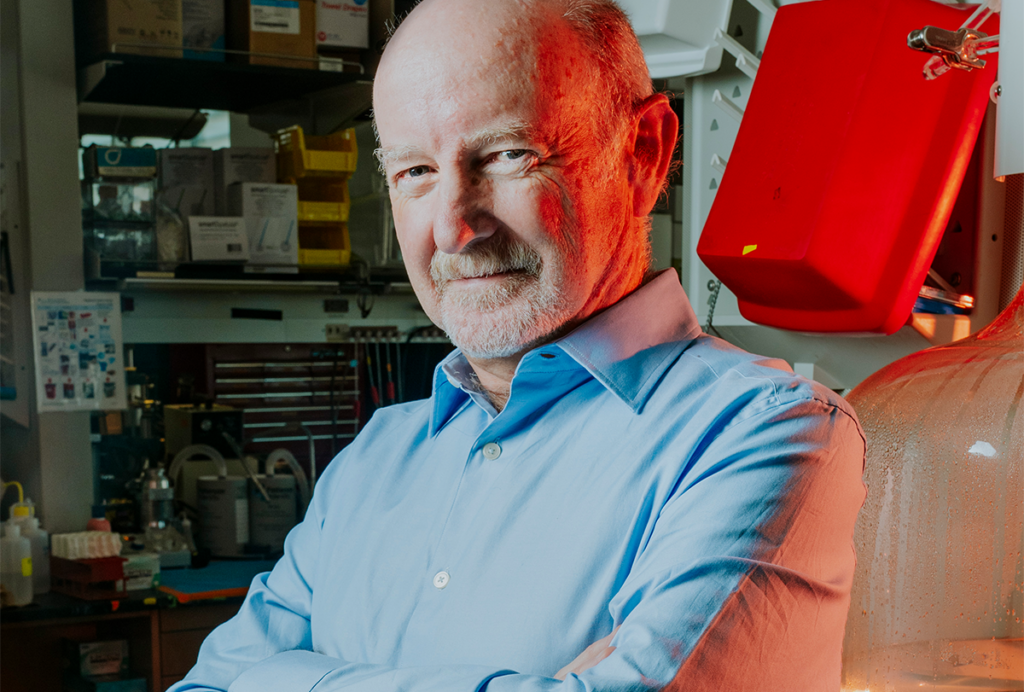Prenatal screaming
Yesterday, the mainstream media was ablaze with news that doctors may soon be able to screen for autism in the womb.
Yesterday, the mainstream media was ablaze with news that doctors may soon be able to screen for autism in the womb.
This claim is based on results from a new study that showed that higher levels of testosterone in the amniotic fluid are associated with the baby later developing traits of autism, such as poor social skills and a lack of empathy. The testosterone level can be measured by amniocentesis, a procedure that’s routinely done on pregnant women over the age of 35 to screen for Down’s syndrome and other genetic abnormalities.
Simon Baron-Cohen, a psychologist at Cambridge University, led the new study, which is based on 235 children. Last week, I reported on Baron-Cohenʼs ‘fetal androgen theoryʼ, and the idea that autism is the result of an extreme male brain.
But as provocative as the theory and the results from the new study are, the mediaʼs hysterical reaction is a bit premature. Baron-Cohen himself is not an advocate of prenatal screening.
Both screening for and treatment of autism are “ethically controversial,” he told me in a September interview. “We’re looking at individual differences in eye contact or social skills, and it’s not clear that those things need treatment,” he said. “They’re simply part of normal variation in any population.”
Recommended reading

PTEN problems underscore autism connection to excess brain fluid

Autism traits, mental health conditions interact in sex-dependent ways in early development

New tool may help untangle downstream effects of autism-linked genes
Explore more from The Transmitter

Newly awarded NIH grants for neuroscience lag 77 percent behind previous nine-year average

